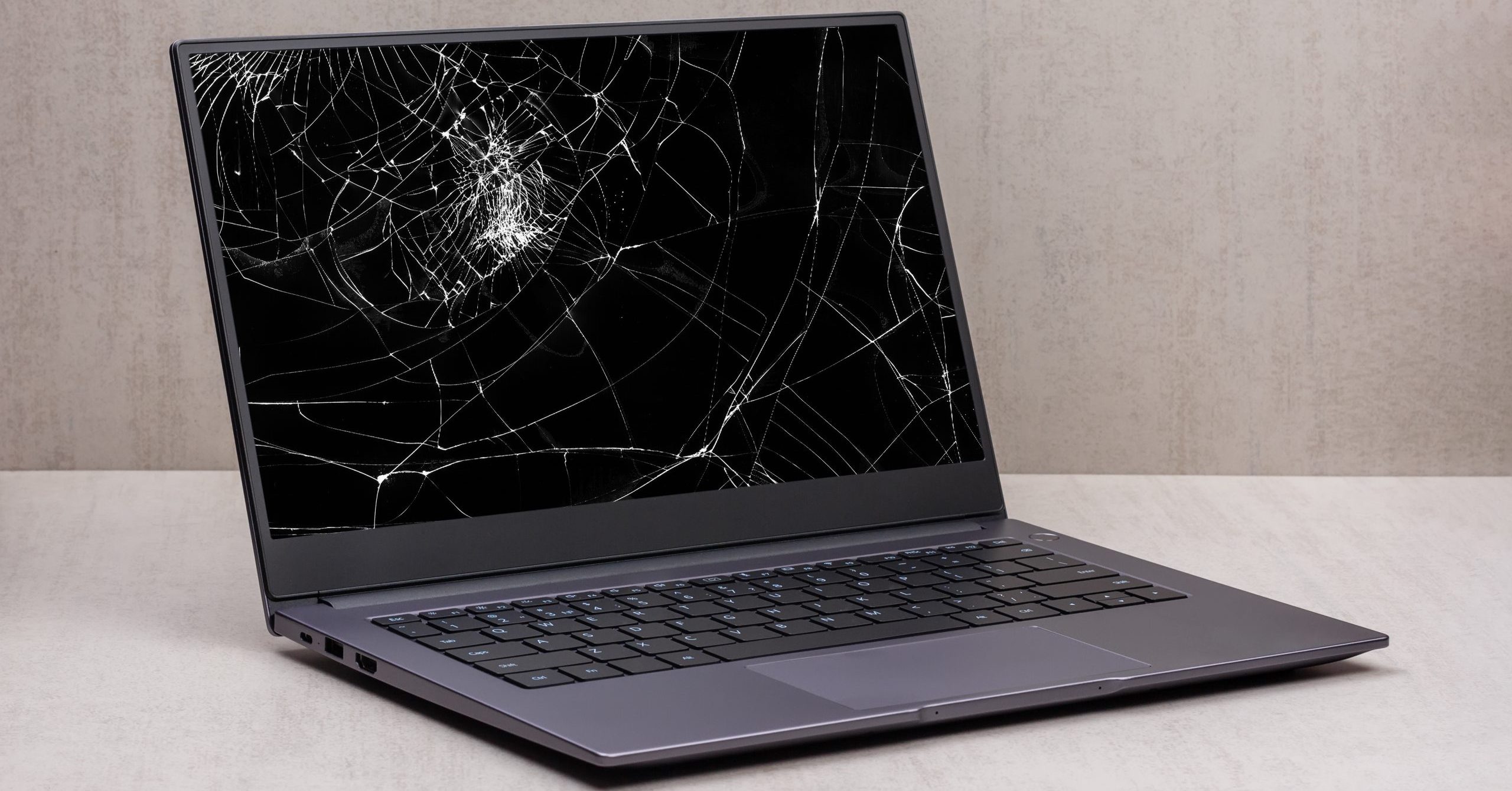The 5 Stages of Data Loss

Many people who experience data loss are shocked that something so serious, and potentially damaging, can happen to their equipment without any advance warning.
Well, here’s your warning. Something inevitably happens to upset the status quo.
One minute things are fine with your computer. Then, they aren’t so fine. Something bad has happened and you don’t know what to do.
It’s inevitable that problems will occur over time when you are dealing with machines that store data—from a flash drive to smartphones, computer hard drives and external hard drives.
Data storage devices fail for five reasons:
- Physical damage
- Mechanical breakdowns
- Electrical system issues
- Software (logical) failures
- Human error
Every time a drive fails, one or more of the issues above will be involved.
Real Failure, Real Loss
When you realize there is a real failure, then the enormity of what’s happened starts to come into focus.
1. Shock
First, the shock that it really happened.
“How could this happen to me?” the user will ask. “My computer was working just fine the last time I used it.”
2. Grief
Second, the feeling of grief erupts.
“I just lost everything important and it’s gone,” the disappointed user will say. Sometimes there are tears.
3. Denial
Next up is often some kind of denial.
“How could this happen if I didn’t do anything wrong?” many customers ask. “There’s no way it’s really gone. It has to still be there, somewhere.”
4. Anger
The next emotional level is anger. Getting mad doesn’t help the process, but it happens and it’s normal.
Many people act out in anger, but they are probably mostly upset with themselves for not taking simple precautions to protect their important data with a backup copy (or copies) stored someplace safe.
5. Acceptance
Finally, at some point, users will accept the fact of loss. Depending on the data lost, acceptance can be either depressing or liberating.
Alternate Ending: Data Recovery
In the case of data loss, denial can actually be a good thing. It’s at this third stage that refusal to believe data is lost for good will prompt calls to DriveSavers.
We have been a global leader at helping people with failed, broken or damaged equipment, like hard drives, get their data back since 1985. In almost every case, we can successfully recover lost data and help our customers avoid the anger and depression associated with losing their financial records, wedding pictures and other irreplaceable memories and business files.


